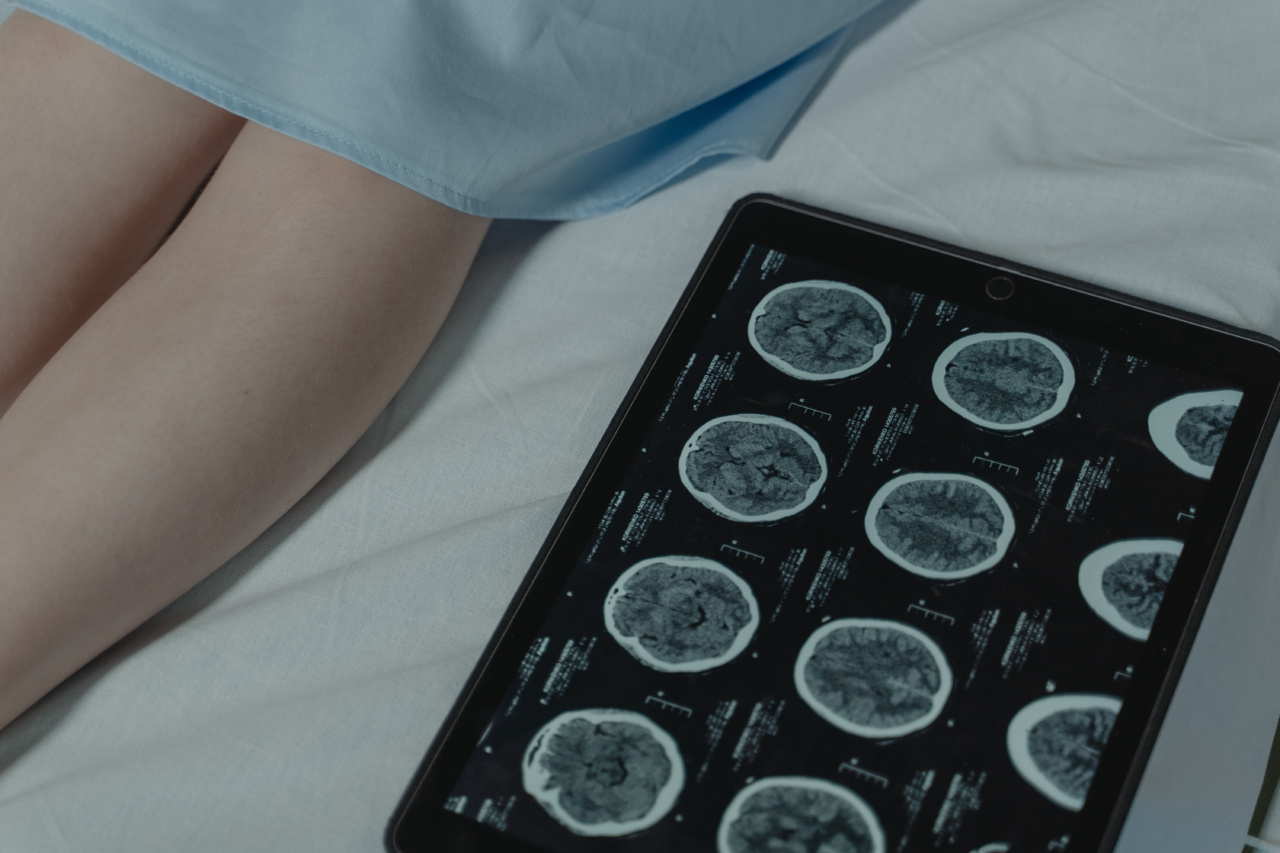The field of computer science has made remarkable advancements in recent years, leading to numerous breakthroughs in various industries. One significant area that has witnessed a revolution is cancer diagnosis.
With the help of computers, the diagnosis and treatment of cancer have become more accurate and efficient, offering new hope to millions of patients globally.
Artificial Intelligence in Cancer Detection
Artificial Intelligence (AI) has played a crucial role in revolutionizing cancer diagnosis.
By leveraging machine learning algorithms and deep neural networks, computers can analyze vast amounts of data from various sources, including medical images, pathology reports, and genetic data, to detect cancer at an early stage.
Enhancing Precision in Pathology
Pathology, the study of diseases through examining cells and tissues, has greatly benefited from computer technology.
With the development of digital pathology, high-resolution images of microscopic slides can be captured and stored, allowing pathologists to analyze and diagnose cancer remotely. Additionally, AI algorithms can assist pathologists in identifying subtle patterns and anomalies in tissue samples, enhancing the accuracy and speed of diagnosis.
Improving Radiology with Computer-Aided Diagnosis
Radiologists face the challenging task of interpreting complex medical images, such as X-rays, CT scans, and MRIs, to detect cancer. Computer-Aided Diagnosis (CAD) systems have proven to be invaluable in this process.
These systems use AI algorithms to analyze images, identify suspicious lesions, and provide radiologists with quantitative data and recommendations. This collaboration between human radiologists and computer systems has significantly improved the accuracy and efficiency of cancer diagnosis.
Unlocking the Potential of Genomic Data
Cancer is a complex disease with diverse genetic mutations. Analyzing genomic data plays a pivotal role in understanding the underlying causes of cancer and developing targeted therapies.
Computers have revolutionized the analysis of genomic data by enabling high-throughput sequencing and facilitating data mining techniques. By crunching vast amounts of data, computers can identify genetic mutations associated with specific types of cancer, allowing researchers to develop personalized treatment strategies.
Predictive Analytics for Prognosis and Treatment
Computers are increasingly being used to predict patient outcomes and determine suitable treatment plans.
Through predictive analytics, machine learning models can analyze patient data, including medical history, demographics, and genetic information, to predict the progression of cancer and anticipate treatment responses. These predictions aid healthcare professionals in making informed decisions and improve patient outcomes.
Virtual Tumor Boards Enhancing Collaboration
Tumor boards are interdisciplinary teams of healthcare professionals who discuss and collaborate on complex cancer cases. With the help of computers, these boards can now meet virtually, bringing together experts from various locations.
Through secure video conferencing and data sharing platforms, doctors, surgeons, radiologists, and pathologists can collectively analyze patient data, images, and test results. This enhanced collaboration improves diagnostic accuracy and helps devise comprehensive treatment plans.
Empowering Patients through E-Health
Computers have not only revolutionized cancer diagnosis for healthcare professionals but also empowered patients through e-health platforms.
Online patient portals and mobile applications provide accessible platforms for patients to manage their healthcare journey, access medical records, connect with healthcare providers, and receive personalized information about their condition and treatment options. This empowerment enables patients to become active participants in their own care and make informed decisions.
Challenges and Future Directions
While the integration of computer technology in cancer diagnosis has brought about tremendous advancements, several challenges still persist.
Ensuring data privacy, addressing biases in AI algorithms, and overcoming regulatory barriers are critical issues that need to be addressed. Moreover, continuous research and development in computational methods are necessary to improve the accuracy, efficiency, and accessibility of cancer diagnosis.
The Future of Cancer Diagnosis
As technology continues to advance, the future of cancer diagnosis holds immense promise. Emerging technologies such as blockchain-based medical records, nanotechnology-based imaging, and wearable sensors will likely further revolutionize the field.
Additionally, the integration of big data and machine learning algorithms will enable even more accurate and personalized cancer diagnosis, leading to better treatment outcomes and improved patient care.































